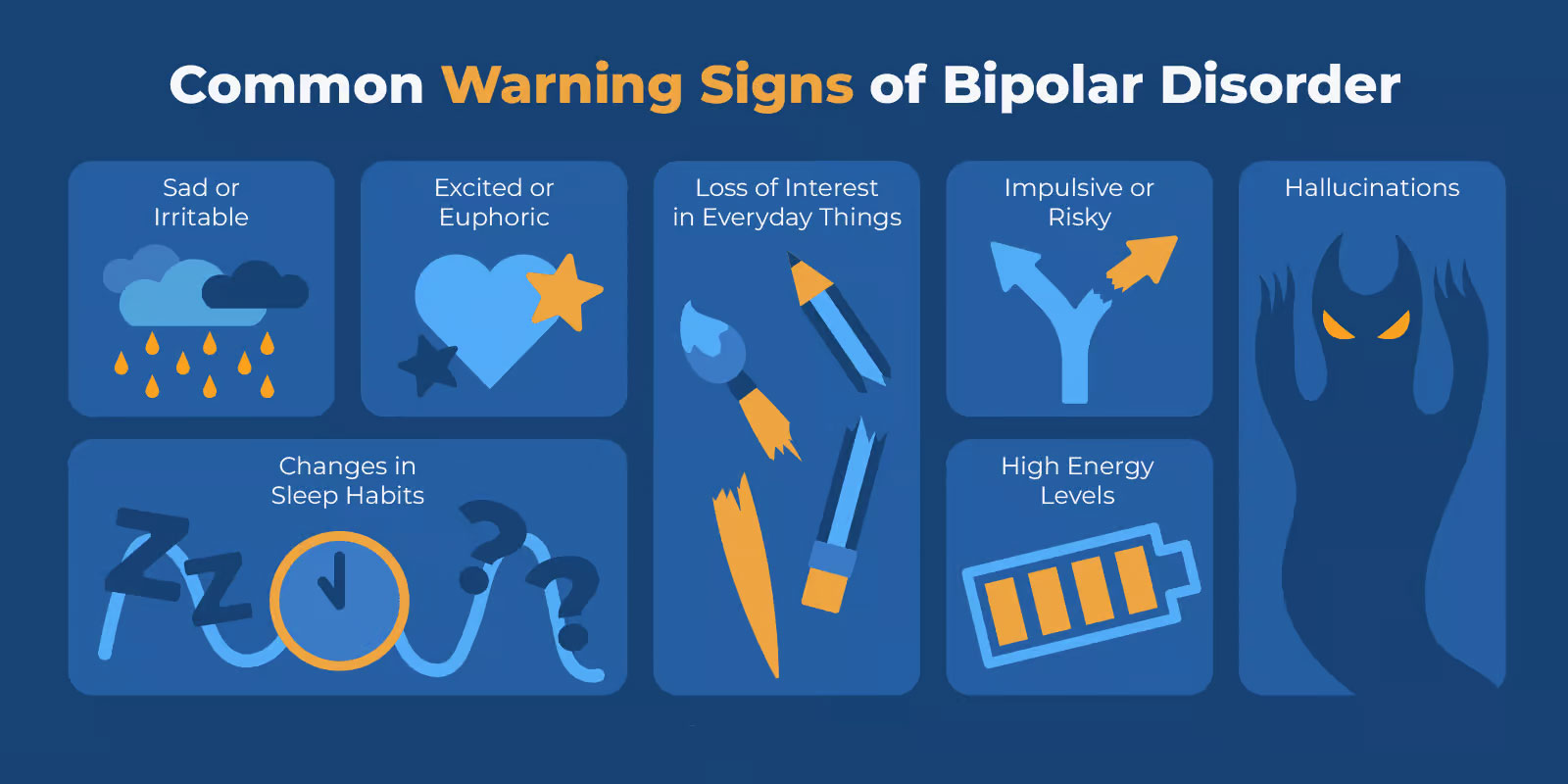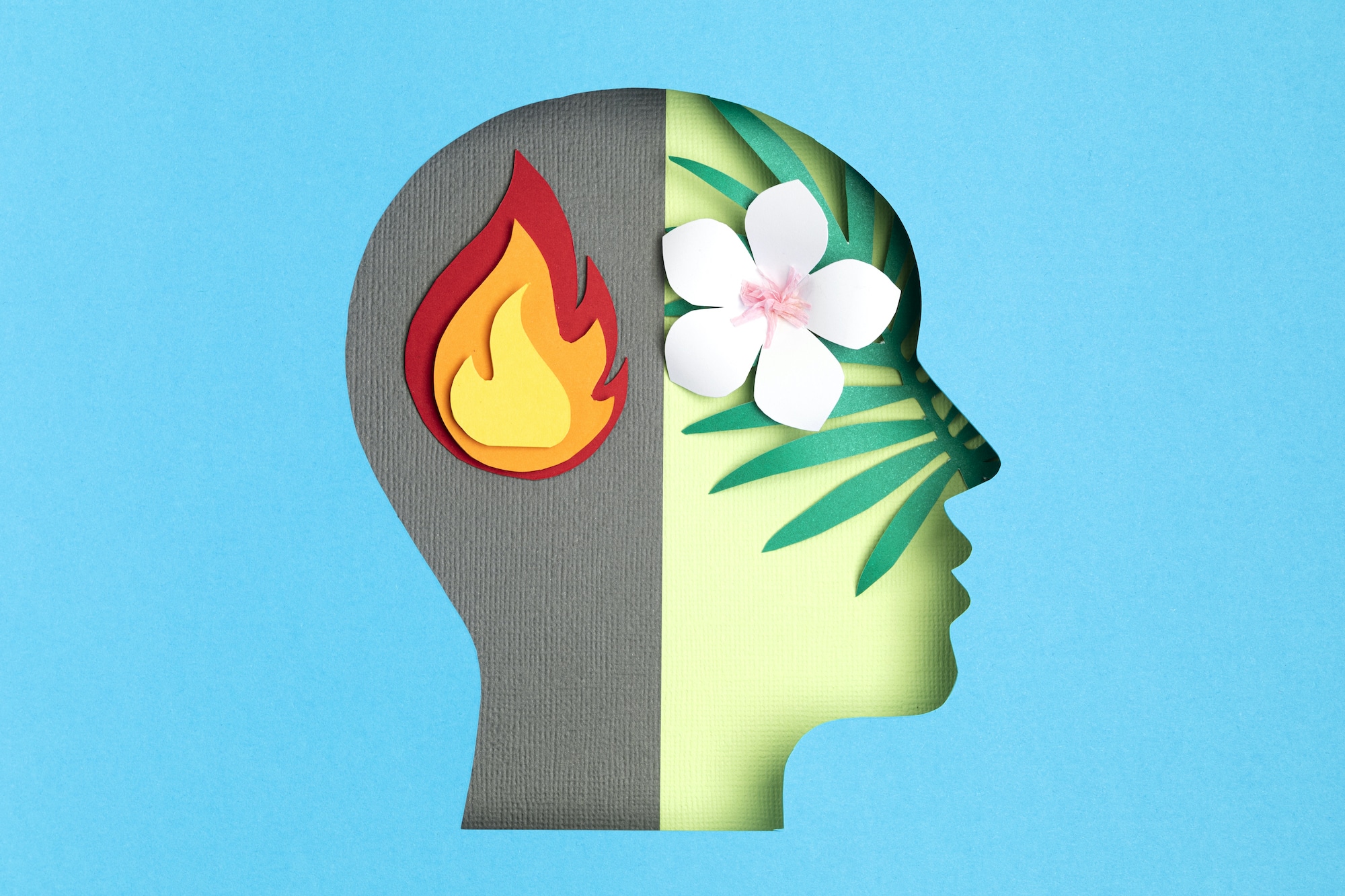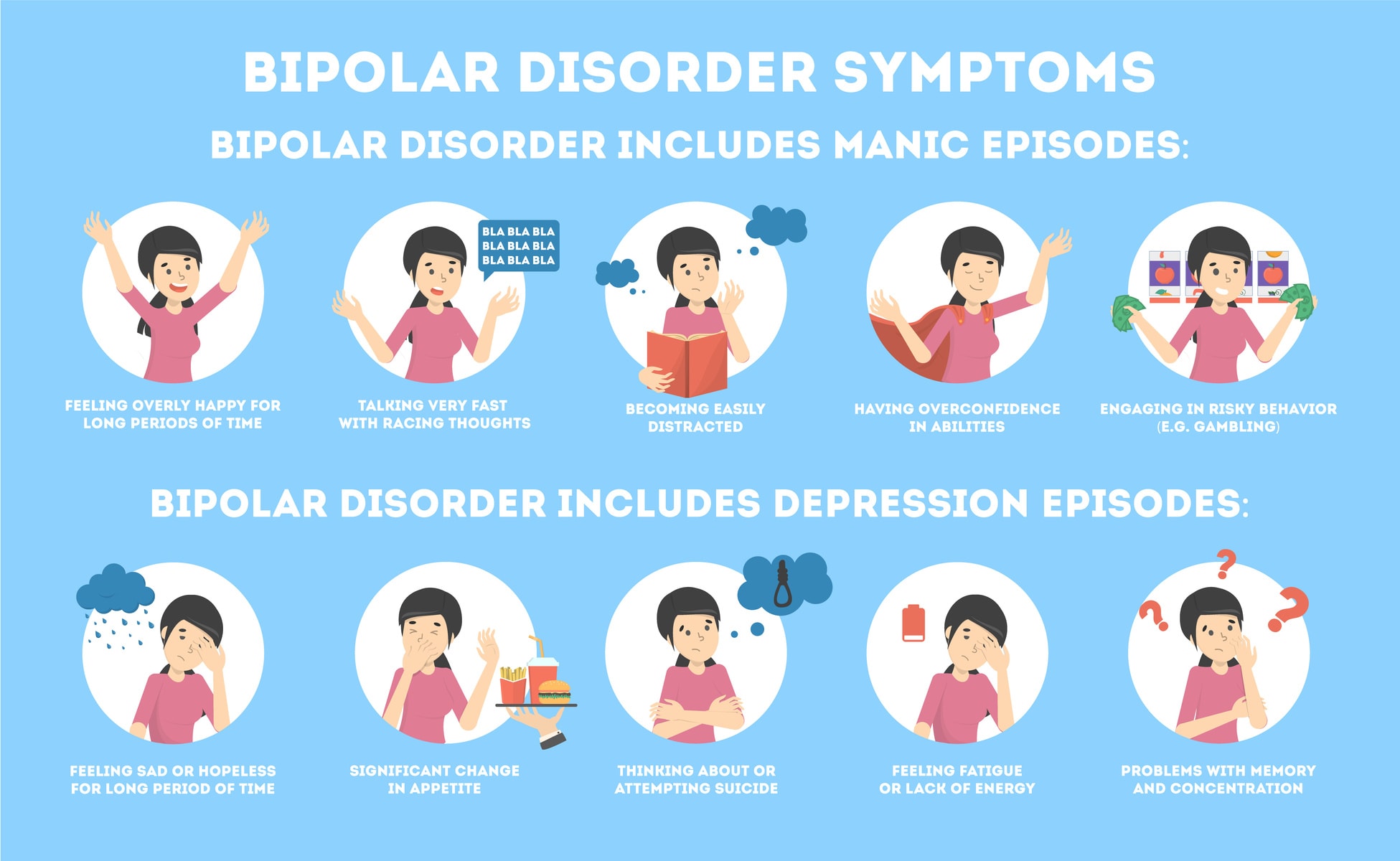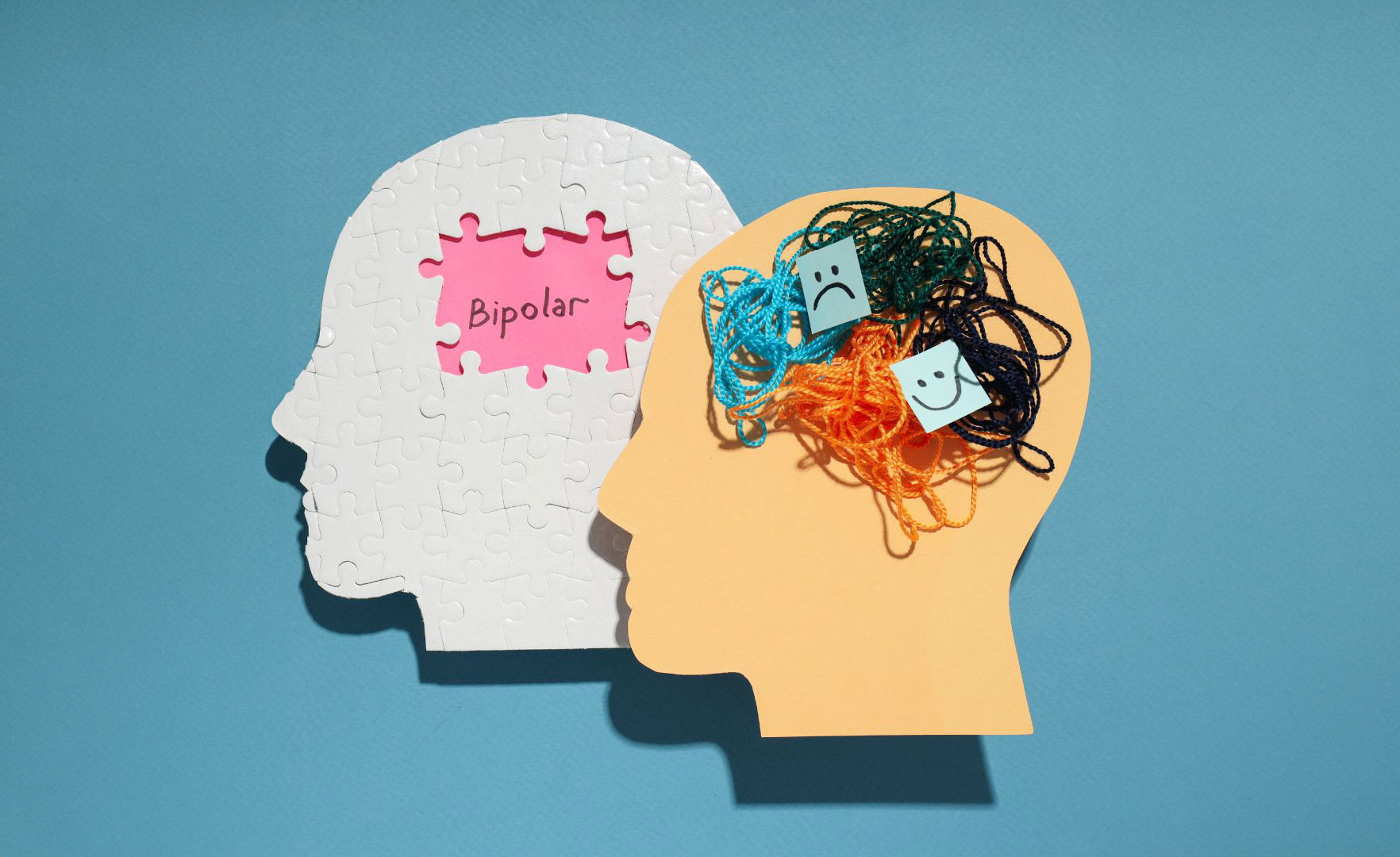Bipolar disorder, a multifaceted mental health condition, presents a wide array of challenges that significantly affect the lives of those diagnosed, as well as their families and caregivers. Among these challenges are the less understood but profoundly disruptive 'bipolar blackouts,' episodes characterized by lapses in memory and awareness that can complicate an individual’s daily life and long-term mental health management. Gaining a deeper understanding of these blackouts, including their underlying causes and potential impacts, is essential for effectively supporting individuals living with bipolar disorder. Knowing more about these episodes can empower those affected to navigate their mental health journey with greater insight and resilience.
Understanding Bipolar Blackouts

Bipolar blackouts can be particularly challenging for both individuals with bipolar disorder and those around them, as they often lead to confusion, misunderstandings, and even conflicts. These episodes of memory loss may vary in duration and frequency, making it difficult to predict when they might occur. During a blackout, a person might engage in actions or behaviors they would not typically choose, which can have social, emotional, or even legal repercussions. Understanding the triggers and mechanisms behind these blackouts is crucial for developing effective management strategies. Therapeutic interventions, such as cognitive behavioral therapy and medication, can be tailored to address these specific episodes, helping individuals gain better control over their mental state and improve their recollection. Additionally, raising awareness among family members and caregivers about the nature of bipolar blackouts can foster a supportive environment that mitigates the stress associated with these experiences, ultimately enhancing the individual's overall quality of life..
Causes Of Bipolar Disorder Blackouts

Bipolar disorder blackouts, a complex manifestation of the condition, illustrate the intricate interplay between intense emotional states and neurological functioning. During extreme mood episodes, such as manic highs or depressive lows, the brain can become so inundated with stimuli that it temporarily disrupts memory processing capabilities, resulting in blackouts. This phenomenon, known as situational amnesia, highlights the fragility of cognitive functions under the duress of severe emotional fluctuation. Compounding factors, including chronic stress, alcohol or drug misuse, and insufficient sleep, can intensify these episodes by further destabilizing the brain's equilibrium. These elements not only amplify the severity of mood swings but also impair the brain's ability to manage stressors effectively, thereby increasing the risk and frequency of blackouts. Recognizing and addressing these triggers through comprehensive care strategies is vital for individuals managing bipolar disorder, as it helps mitigate the risks and enhance quality of life..
Symptoms Associated With Bipolar And Blackouts

During these disorienting periods, the struggle to piece together lost moments can be overwhelming for individuals with bipolar disorder. The absence of memory acts like a void, where fragments of time simply seem to vanish, leaving a sense of vulnerability and anxiety. Friends and family may recount episodes that are completely foreign to the person, sparking emotional turmoil and self-doubt. This experience often disrupts their understanding of self and reality, challenging their confidence and ability to manage daily life. The resulting strain on personal and professional relationships underscores the critical need for psychological intervention and support. Therapy and medication often become crucial tools in helping individuals regain control, improve memory retention, and rebuild the foundational connections essential for interpersonal trust and career stability..
How Long Do Bipolar Blackouts Last?

It's important to recognize that the management and understanding of bipolar blackouts are complex and require a personalized approach. Each individual’s experience can be distinct, with potential triggers and coping mechanisms varying greatly. Environmental factors, stress levels, and support systems can also play significant roles in how these blackouts manifest and resolve. Health practitioners often emphasize the importance of comprehensive treatment plans that include medication, therapy, and lifestyle modifications to help mitigate the frequency and impact of these episodes. Building a robust support network of family, friends, and mental health professionals can provide essential assistance and guidance, fostering a more stable environment that mitigates the risk of prolonged blackouts..
The Impact Of Bipolar Blackouts On Daily Life

Bipolar blackouts introduce a layer of complexity to an individual's life, where the uncertainty of memory lapses can create a precarious foundation for personal identity and relationship dynamics. These episodes not only strain mental resilience but also often necessitate a heightened sense of self-awareness and vigilance. Individuals may find themselves constantly second-guessing their actions, which can lead to a withdrawal from social settings and hesitation in forming new connections. Moreover, the fear of potential repercussions from unknown behaviors may foster an environment of isolation, reinforcing feelings of loneliness and alienation. This cycle can further exacerbate feelings of disconnect and inadequacy, ultimately affecting both personal fulfillment and professional engagement. Support networks and therapies focusing on coping strategies are essential in helping manage these challenges, enabling individuals to navigate their lives with greater confidence and stability..
Coping Strategies For Managing Bipolar And Blackouts

Implementing effective management strategies for bipolar disorder and associated blackouts involves a multifaceted approach that harmonizes medication, therapy, and lifestyle modifications. Consistency in daily routines can provide stability, significantly mitigating the unpredictability of mood swings and blackout occurrences. Incorporating mindfulness practices such as meditation or yoga can offer valuable tools for individuals to maintain mental clarity and reduce stress-induced triggers. Furthermore, fostering a robust support network, comprising family, friends, and mental health professionals, can provide essential encouragement and guidance. Therapy serves as a critical component in this strategy, offering a safe space to explore and address stressors and underlying mental health challenges. By understanding and tackling these root causes, therapy can empower individuals to develop healthier coping mechanisms and enhance their resilience against episodes. Overall, a well-rounded strategy that combines these elements can play a pivotal role in managing the complexities of bipolar disorder and blackouts more effectively..
The Role Of Medical Support In Managing Bipolar Blackouts

In addition to medication, incorporating therapy into the treatment plan can significantly enhance the management of bipolar blackouts. Cognitive-behavioral therapy (CBT) and other therapeutic approaches provide patients with tools to identify and modify negative thought patterns and behaviors. These therapies empower patients to develop coping strategies and resilience, ultimately reducing the frequency and intensity of blackouts. Additionally, support groups and psychoeducation for both patients and their families play an essential role in fostering an understanding environment. This collective, multi-faceted approach helps individuals not only manage their condition but also improve their overall quality of life by promoting stability, awareness, and self-advocacy..
Research Advancements In Understanding Bipolar Disorder Blackouts

Emerging studies are delving deeper into the complexities of bipolar disorder blackouts, offering fresh perspectives on the brain's activity during these intriguing episodes. By unraveling the neurological mechanisms at play, researchers aim to pave the way for innovative prevention strategies and more effective treatment options. As medical science advances, there is a growing emphasis on the intricate interplay between genetic predispositions, environmental triggers, and physiological changes that collectively shape the manifestation of bipolar disorder and its symptoms. This comprehensive approach not only enhances our understanding but also brings hope for more personalized and targeted therapeutic interventions in the future..
Bipolar blackouts pose significant challenges for those experiencing them and their loved ones. Recognizing the patterns and factors that contribute to these episodes allows for more effective management and intervention strategies. By prioritizing medical treatment and incorporating supportive practices, individuals can mitigate the impact of blackouts on their lives, leading to a more stable and fulfilling existence.


